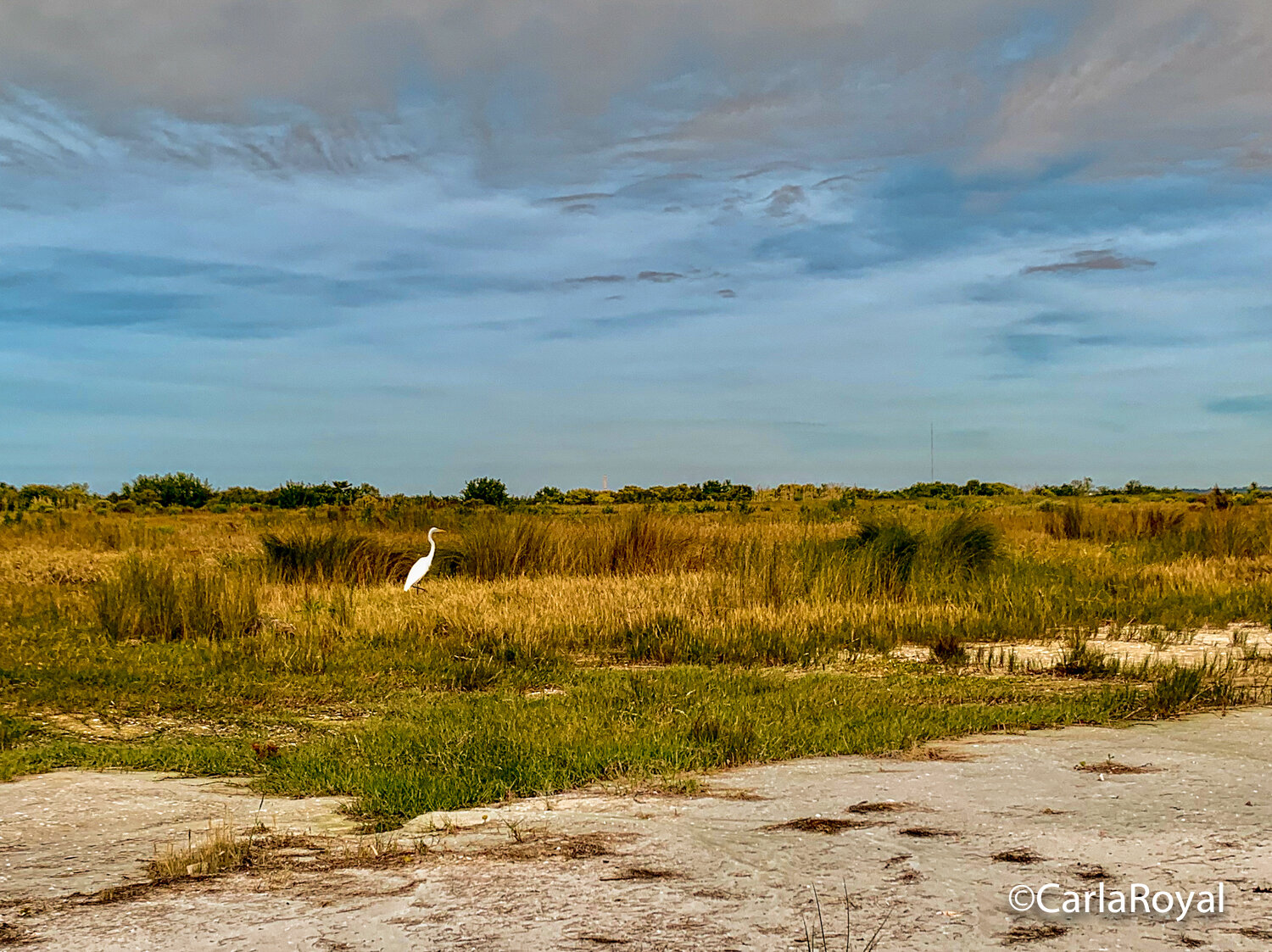I live on the west coast of Florida. Weather changes quickly, often offering little warning. We are used to it here. Storms come and go. In the case of hurricanes, we get early warnings which give us time to prepare as best we can. Our weatherman always emphasizes his rule #7: “Don’t freak out.” The storm will pass. It always does.
“EVERY STORM RUNS OUT OF RAIN”
Maya Angelou
Now, we are facing COVID-19, a novel virus to which humans have no immunity. I feel a low level of anxiety all around me. I think of this anxiety as a psychological storm that is gathering.
Psychological storms are much like storm clouds. Emotions arise suddenly and, too often, we are blindsided. We forget the blue sky of our true essence. We worry that the storm will never end. We live the fear of our imagined future. We live it again and again as if it were happening right now.
I have a puppy friend named Rosie who is terrified of thunderstorms. Rosie fears that the storm will harm her. Maybe it will, maybe it won't but she is living as if she’s being harmed right now even as she is safely nestled on her couch with her human hugging her. She’s living the imagined harm moment by moment, experiencing it repeatedly. All the while, she is safe and unharmed.
We are much the same, aren’t we? We fear an imagined future and we live it repeatedly as if it were true right now. We imagine worse case scenarios. We imagine inconvenience, stress, exhaustion, financial collapse, chaos, and death. We imagine it all and we experience it as if it’s happening right now.
COVID-19 is in our midst, yes. We know that people will be ill and lives will be lost. We already see our economy taking a huge hit. People’s hours are being cut at work or jobs lost altogether. We don’t know how this is going to play out. Already in my imagination, I can catch myself projecting all manner of crises into the future.
My question to you is this, what would life be like these next few months if you lived this COVID-19 storm only once? Just once. If you are imagining financial ruin, what would it be like for you to drop your story about it and live whatever does come to pass? What would it be like for you if you stopped imagining how this virus is going to play out and simply live what actually does happen?
Do you see what I mean? I have no idea how this virus is going to play out. It may not be as bad is we fear or it may be a devastating disaster but let’s live it only once, in the moment. Let’s trust that we humans can come together, unite, and find our way through this. After all, we’ve survived for millennia.
Here's what I’ve discovered: when I stop imagining that the virus is going to wreak complete and utter destruction, I’m able to face the situation with more clarity, resourcefulness, and energy than when I’ve worried myself to death about it.
Situations almost always turn out differently than you imagine and if they don’t, you only have to live it once instead of repeatedly in your imagination.
This understanding has been a game-changer for me and my clients in many ways, from simple situations to more difficult situations.
I remember when my dad got sick with cancer. I was worried about how it would be, if I could handle it, and how awful things could get, especially since we’d never been close. Yes, there were difficulties for sure, but it turns out that those two years were healing for us. Against all odds, years of anger and disappointment dissipated and a tender love filled the void. It could have been just the opposite but why live it more than once?
I used to believe that if I worried about the future, I might be more prepared for it. I find the opposite to be true. When I worry, I become stressed, unclear, and less resourceful and responsive. I become too confused and unclear to plan wisely. I’m less prepared and less capable.
When you are grounded in the present moment, you see much more clearly and you can take appropriate action. You’re able to access your intuition and deep wisdom. You are able to respond creatively and resourcefully. We humans are built for the reality of this present moment.
You see, the storm always passes. Let’s live this COVID-19 storm only once knowing that the clear blue sky of our wellbeing always remains. We will find our way.
“Breathe, my love. Like any long labor, we are going to take this one breath at a time.” Valerie Kaur
MY WORK AS A COACH focuses on helping people move through anxiety. This is my wheel house.
As a result of the unfolding COVID-19 situation, I am offering one-off sessions for free or pay what you wish for those who are anxious about the current state of affairs.
This is a sincere offer. I want to help and I know that supporting you will help me stay calm and grounded. I need you, too!
So, please, contact me up. I’m available.
I learned a long time ago to ask for help. Please don’t hesitate to ask and please don’t let finances stand in your way.
I can help.
You are not alone. ❤️















